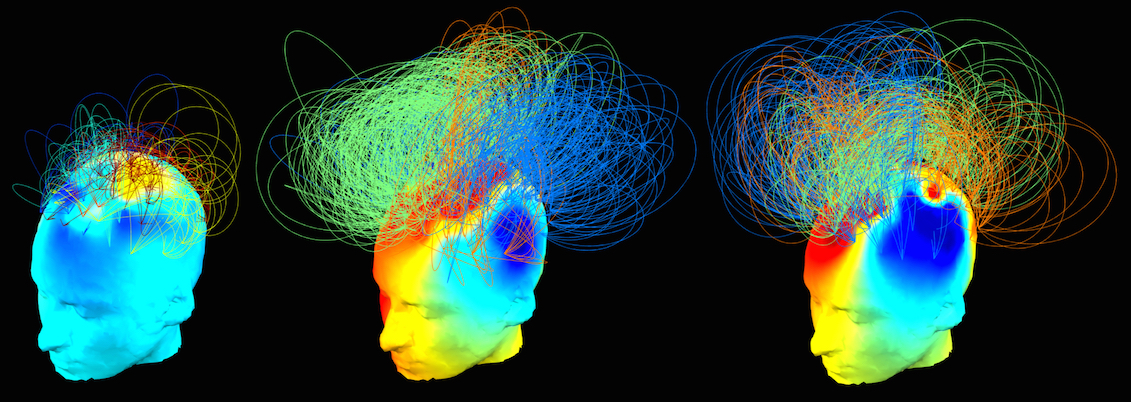News | Research | Papers | Funding | People | Media & Public | Collaborations | Misc
BEdside Test of Awareness in Disorders Of Consciousness

| Principal Investigator | Dr. Srivas Chennu, Lecturer, University of Kent and Senior Research Associate, University of Cambridge |
| Funder | Evelyn Trust |
| Duration | 2015-2018 |
| Study Contact | Dr. Corinne Bareham, Department of Clinical Neurosciences, University of Cambridge Box 167, Cambridge Biomedical Campus, Cambridge, CB2 0QQ |
| cab90@cam.ac.uk | |
| Phone | +44 1223 760 687 |
| HRA Research Ethics Reference | 16/EE/0006 |
| Co-investigators |
Prof. Peter Hutchinson, Division of Neurosurgery, University of Cambridge Dr. Judith Allanson, Cambridge University Hospitals NHSFT Prof. David Menon, Division of Anaesthetics, University of Cambridge Prof. John Pickard, Division of Neurosurgery, University of Cambridge |
Brief description of the study
What are the brain signatures of consciousness? This fascinating challenge for neuroscience takes on an immediate clinical and societal significance in the vegetative and minimally conscious states, collectively termed disorders of consciousness (DoC). Brain imaging has uncovered remarkable hidden signs of awareness in some patients, but despite significant public and scientific interest, these advances have not yet been translated into clinically viable tests available at the bedside. This pilot project aims to directly address this translational gap by developing and validating tools for bedside assessment and visualisation of brain networks in patients.
Misdiagnosis of true levels of consciousness in DoC continues to be at around 40% despite considerable advances in the neuroscientific measurement of the brain activity associated with cognition. In part this is because there is currently no gold standard for accurate assessment of awareness. Electroencephalography (EEG) is a relatively inexpensive and portable tool for measuring electrical brain activity. In addition to being painless and non-invasive, it is easy to deploy at the patient’s bedside. Recent advances in the use of EEG have shown considerable promise for accurately assessing the brain networks associated with consciousness, without relying on compliance from the patient. Further, it has shown that key signatures of these networks are strikingly robust in seemingly vegetative patients who nevertheless show signs of hidden awareness.
Despite these advances, EEG has yet to find application in clinical practice. In this 3-year study, we directly aim to address this issue by evaluating its feasibility for regular bedside assessment of brain networks of eligible DoC patients at neurorehabilitation centres caring for patients from Cambridgeshire. By trialling EEG tools for repeatable deployment in a real-world clinical setting, this research project will generate the translational knowledge for identifying rational, best-practice methodologies for applications that benefit DoC patients, their families and carers.